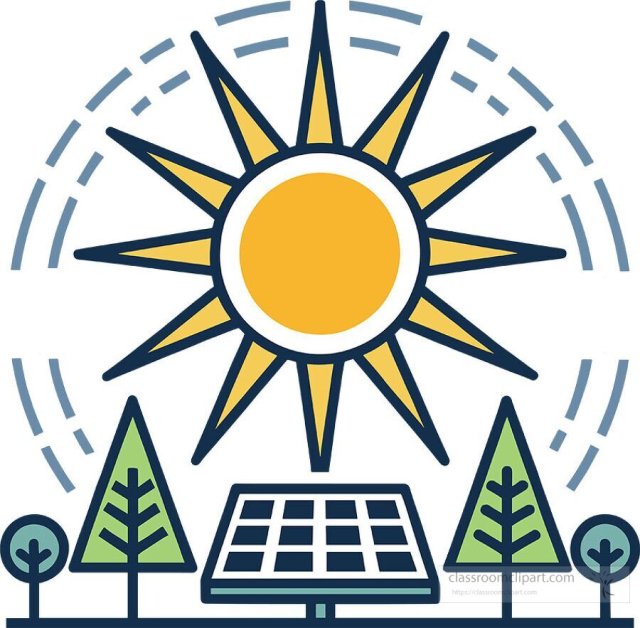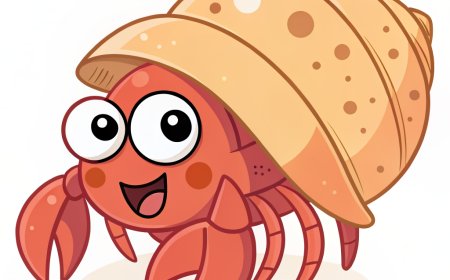How Inventions Change the World
Discover how inventions have shaped history, improved lives, and transformed the world we live in—from health to transportation to how we connect.

How Inventions Change the World
🌍 Introduction: One Idea Can Change Everything
Have you ever used a light switch, a pencil, or a smartphone? Every one of those things started with an invention—something a person created to solve a problem. Inventions aren't just cool gadgets—they change the way we live, learn, and connect with each other.
In this article, you'll explore how inventions have made our world safer, smarter, faster, and even more fun!
🧪 Inventions That Improve Health and Save Lives
Imagine a world with no hospitals, no medicine, and no clean water. Inventions in health and science have helped people live longer, stronger, and healthier lives.
💉 Medical Breakthroughs
-
Vaccines protect us from dangerous diseases like measles, polio, and the flu.
-
X-rays and MRIs let doctors see inside the body without surgery.
-
Antibiotics, like penicillin, fight infections and save millions of lives.
🚰 Clean Water and Sanitation
-
Water filters, plumbing systems, and waste treatment keep water safe to drink and homes clean.
Real-Life Impact:
Before modern medicine, even a small cut could become deadly. Now, thanks to inventions, doctors can treat illnesses and injuries that once had no cure.
🛰️ Inventions That Connect Us
Inventions in communication help people share ideas, stay in touch, and learn from each other—no matter where they are.
☎️ The Telephone and Internet
-
The telephone (1876) made it possible to talk across cities and countries.
-
The internet (late 1900s) lets us send messages, look up information, play games, and even go to school online!
📱 Smartphones and Social Media
-
Today, one small device lets us call, text, take pictures, read the news, and video chat with people across the world.
Real-Life Impact:
In an emergency, you can call for help with one button. Or talk to a grandparent on the other side of the globe!
🚗 Inventions That Move Us
Transportation inventions have made it easier to explore, travel, and trade with people far away.
🚙 Cars and Trains
-
In the 1800s, trains helped people and goods travel quickly across countries.
-
Cars gave people freedom to go where they wanted, when they wanted.
🛫 Planes and Rockets
-
Airplanes made world travel possible in hours instead of weeks.
-
Rockets and satellites led to space exploration—and even let us use GPS to find our way.
Real-Life Impact:
Thanks to transportation inventions, we can visit new places, send packages, and get fresh food from around the world.
🏠 Inventions That Make Life Easier
Some inventions may seem simple, but they make everyday life safer and more comfortable.
🏠 At Home
-
Refrigerators keep food fresh.
-
Washing machines save hours of scrubbing clothes by hand.
-
Electric lights make it possible to read and work after dark.
🧯Safety and Security
-
Smoke detectors, seat belts, and helmets help prevent injuries and protect lives.
Real-Life Impact:
Modern homes are filled with inventions that give us more free time, keep us warm, and protect us from harm.
🧠 Inventions That Help Us Learn and Create
Inventions also shape how we learn and express ourselves.
📚 Education Tools
-
The printing press made books affordable and spread knowledge across the world.
-
Computers and tablets let students do research, write papers, and attend virtual classes.
🎨 Creative Inventions
-
Cameras, musical instruments, art supplies, and apps allow people to express their ideas and talents.
Real-Life Impact:
Kids today have more ways than ever to learn new things and share their creativity with others.
💼 Inventions That Create Jobs and Solve Problems
Inventions don’t just change lives—they create whole new industries and types of work.
🛠️ Factories and Robots
-
Machines in factories produce clothes, toys, and tools faster than ever before.
-
Robots help build cars, clean floors, and even do surgery.
💡 New Careers
-
The internet led to jobs like app developers, digital artists, and online teachers.
Real-Life Impact:
Each invention leads to new ideas, products, and careers that didn’t exist before!
♻️ Inventions That Protect the Planet
Some inventions are designed to take care of Earth.
🌞 Clean Energy
-
Solar panels and wind turbines turn natural energy into electricity without polluting the air.
🚴♀️ Eco-Friendly Inventions
-
Electric cars, reusable water bottles, and energy-efficient appliances reduce waste and save resources.
Real-Life Impact:
With smart inventions, we can take care of our planet while still enjoying modern life.
💥 When Inventions Go Wrong—or Change Unexpectedly
Not every invention works out the first time. And some are used in ways their inventors never imagined.
😲 Unexpected Uses
-
Bubble wrap was supposed to be wallpaper!
-
Play-Doh was first made to clean wallpaper, not to play with.
🚫 Unintended Consequences
-
Some inventions, like plastic and gasoline, made life easier but also caused pollution.
-
Inventors today are thinking more about how to make their creations safe and helpful for everyone.
👧👦 Kids and Inventions: A Big Impact
Some inventions are made by young people—and many more are made for them!
Kid Inventors
-
Alexis Lewis, a teenager, invented a cart to help families carry supplies in developing countries.
-
Frank Epperson, age 11, invented the popsicle by accident in 1905!
Inventions for Kids
-
Baby monitors, backpacks, games, and learning apps are all designed to help kids learn and grow.
Real-Life Impact:
Inventions don’t just change the world—they give kids new ways to play, learn, and imagine their future.
🧠 What Makes an Invention Powerful?
Not all inventions are big or flashy. What makes them powerful is their impact—how they make life better for people.
Ask yourself:
-
Does it solve a real problem?
-
Can it help many people?
-
Can it inspire others to build even better things?
Even small changes—like making something easier to use—can make a huge difference.<



















































